
Description
Discover the role of an AI Engineer, the educational pathways to enter the field, the importance of certifications for freshers, and the future scope of AI technologies.
AI Engineer: Your Gateway to a Future-Proof Career in Artificial Intelligence
Introduction
Artificial Intelligence (AI) is no longer a concept of the future; it’s a present-day reality transforming industries and creating new career opportunities. One such promising role is that of an AI Engineer. This blog post delves into what an AI Engineer does, the steps to become one, the educational background required, and the future scope of this exciting field.
What is an AI Engineer?
An AI Engineer is a professional who leverages AI and machine learning techniques to develop applications and systems that enhance organizational efficiency, reduce costs, and drive better business decisions. They are at the forefront of creating intelligent systems capable of mimicking human behavior.Coursera+2Coursera+2Coursera+2
According to Coursera, AI Engineers play a crucial role in developing AI models, conducting data analysis, and collaborating with cross-functional teams to implement AI solutions effectively.
Importance of AI Engineers
AI Engineers are pivotal in the digital transformation journey of organizations. They enable businesses to harness the power of AI for various applications, including:
-
Healthcare: Developing diagnostic tools and personalized treatment plans.
-
Finance: Automating trading strategies and fraud detection.
-
Retail: Enhancing customer experience through personalized recommendations.
-
Transportation: Powering autonomous vehicles and optimizing logistics.Coursera
The demand for AI Engineers is growing rapidly, with LinkedIn ranking it among the top emerging jobs.
Steps to Become an AI Engineer
1. Educational Background
A strong foundation in computer science, mathematics, and statistics is essential. Typically, a bachelor’s degree in computer science, information technology, or a related field is the starting point.
2. Learn Programming Languages
Proficiency in programming languages such as Python, R, Java, and C++ is crucial. These languages are commonly used in developing AI models and algorithms. Indeed
3. Gain Knowledge in Machine Learning and AI
Understanding machine learning algorithms, neural networks, and deep learning is vital. Online courses and certifications can provide this knowledge.
4. Work on Real-World Projects
Practical experience is invaluable. Engage in projects that involve data analysis, model building, and deploying AI solutions.
5. Obtain Certifications
Certifications from reputable platforms like Coursera, edX, or Udacity can enhance your resume and demonstrate your commitment to the field.
Educational Background
While a bachelor’s degree is the minimum requirement, many AI Engineers pursue advanced degrees to specialize further. Fields of study include:
-
Computer Science
-
Data Science
-
Artificial Intelligence
-
Software Engineering
Advanced degrees can provide deeper insights into complex AI concepts and open doors to research opportunities.
Certifications and Opportunities for Freshers
Fresh graduates can significantly benefit from obtaining certifications in AI and machine learning. These certifications validate skills and can make candidates more attractive to employers.
Entry-level positions, internships, and junior AI roles are often available for certified freshers, providing a pathway to gain experience and grow in the field.
Advantages of a Career in AI Engineering
-
High Demand: The need for AI professionals is increasing across various industries.
-
Competitive Salaries: AI Engineers often command high salaries due to their specialized skills.
-
Innovative Work: Opportunity to work on cutting-edge technologies and solve complex problems.
-
Career Growth: Clear pathways for advancement into senior roles and specialized areas.
Scope and Future of AI Technologies
The AI industry is poised for exponential growth. According to PwC, AI could contribute up to $15.7 trillion to the global economy by 2030.
Emerging trends include:
-
Natural Language Processing (NLP): Enhancing human-computer interactions.
-
Computer Vision: Advancing image and video analysis.
-
Robotics: Developing intelligent machines for various applications.
-
Ethical AI: Focusing on fairness, accountability, and transparency in AI systems.
How to Adopt a Career in AI Engineering
-
Continuous Learning: Stay updated with the latest AI trends and technologies.
-
Networking: Join AI communities, attend conferences, and connect with professionals.
-
Portfolio Development: Build a portfolio showcasing your projects and skills.
-
Mentorship: Seek guidance from experienced AI professionals.thesun.co.uk+1IU+1businessinsider.com+1Indeed+1
🔖 Top AI Engineer Certifications in 2025
🔰 Beginner-Level Certifications
Great for freshers and those transitioning into AI from other tech backgrounds.
1. AI For Everyone (by Andrew Ng – Coursera)
-
Offered by: DeepLearning.AI via Coursera
-
Duration: ~4 weeks
-
Cost: Free (with optional certificate ~$49)
-
Why it’s good: Non-technical introduction to AI. Helps freshers build strong foundational knowledge.
2. IBM AI Engineering Professional Certificate (Coursera)
-
Offered by: IBM on Coursera
-
Includes: Machine learning, deep learning, NLP, and neural networks
-
Duration: 6 months (self-paced)
-
Ideal for: Beginners aiming to become AI Engineers
-
Job-Ready?: Yes — it ends with a capstone project employers value.
3. Google AI Essentials Certificate (Grow with Google) (New in 2025)
-
Offered by: Google
-
Level: Beginner to Intermediate
-
Focus: AI foundations and tools in business
-
Why it’s important: Offers a practical AI approach used by companies globally.
🔄 Intermediate Certifications
4. Microsoft Certified: Azure AI Engineer Associate
-
Exam Code: AI-102
-
Ideal for: Developers with prior experience in Azure and AI
-
Focus: Designing, managing, and deploying AI solutions using Microsoft Azure
-
Recognition: Highly regarded in enterprise and cloud-based AI roles.
5. Certified Artificial Intelligence Practitioner (CAIP)
-
Offered by: CertNexus
-
Ideal for: Professionals with a programming and data science background
-
Topics: Machine learning, deep learning, AI ethics, and more
-
Globally Recognized: Yes — especially in the US, Canada, and Europe.
🧠 Advanced-Level Certifications
6. Stanford University’s AI Graduate Certificate
-
Offered by: Stanford Online
-
Prerequisite: Strong math and programming foundation
-
Courses include: Natural Language Processing, Deep Learning, and Reinforcement Learning
-
Reputation: Elite and prestigious — best suited for experienced professionals.
7. MIT Professional Education – Advanced Certificate in AI & Machine Learning
-
Offered by: MIT Professional Education
-
Target audience: Senior engineers, data scientists, and decision-makers
-
Global Recognition: High — a career-defining certificate for leadership roles in AI.
8. NVIDIA Deep Learning Institute (DLI) Certifications
-
Offered by: NVIDIA
-
Focus Areas: AI for robotics, healthcare, image recognition, and model optimization
-
Highly practical: Geared toward deep learning deployment on NVIDIA hardware and CUDA.
💡 Bonus: Hugging Face Certified NLP Engineer
-
Focus: Transformers, large language models, NLP pipelines
-
Industry Relevance: Growing exponentially with the rise of Generative AI
-
Level: Intermediate to advanced
-
Community-Driven: Strong open-source credibility
🚀 Can Freshers Get AI Jobs with These Certifications?
✅ Yes! Especially if they combine:
-
One of the beginner or intermediate certifications listed above
-
GitHub project portfolios (e.g., AI chatbots, ML models, NLP apps)
-
Internship experience or freelancing
-
Strong knowledge of Python, SQL, and ML libraries like TensorFlow or PyTorch
🧭 Tips to Adopt and Succeed as an AI Engineer
-
Start learning Python and math (linear algebra, probability).
-
Choose a learning path (Coursera, Udacity, or EdX).
-
Get certified from a recognized institution.
-
Work on real-world projects — contribute to GitHub.
-
Stay updated via platforms like Towards Data Science.
-
Network on LinkedIn and AI communities.





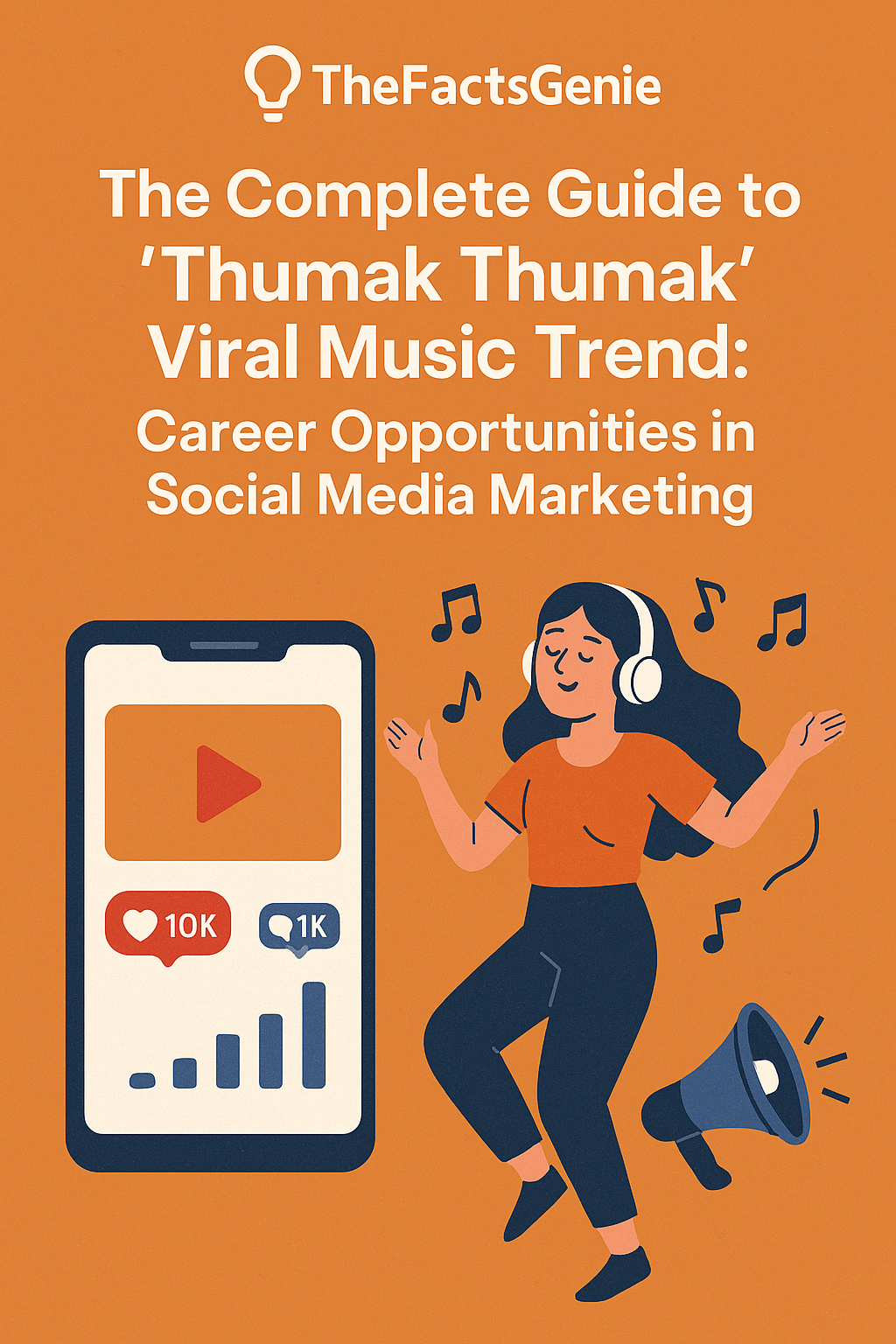
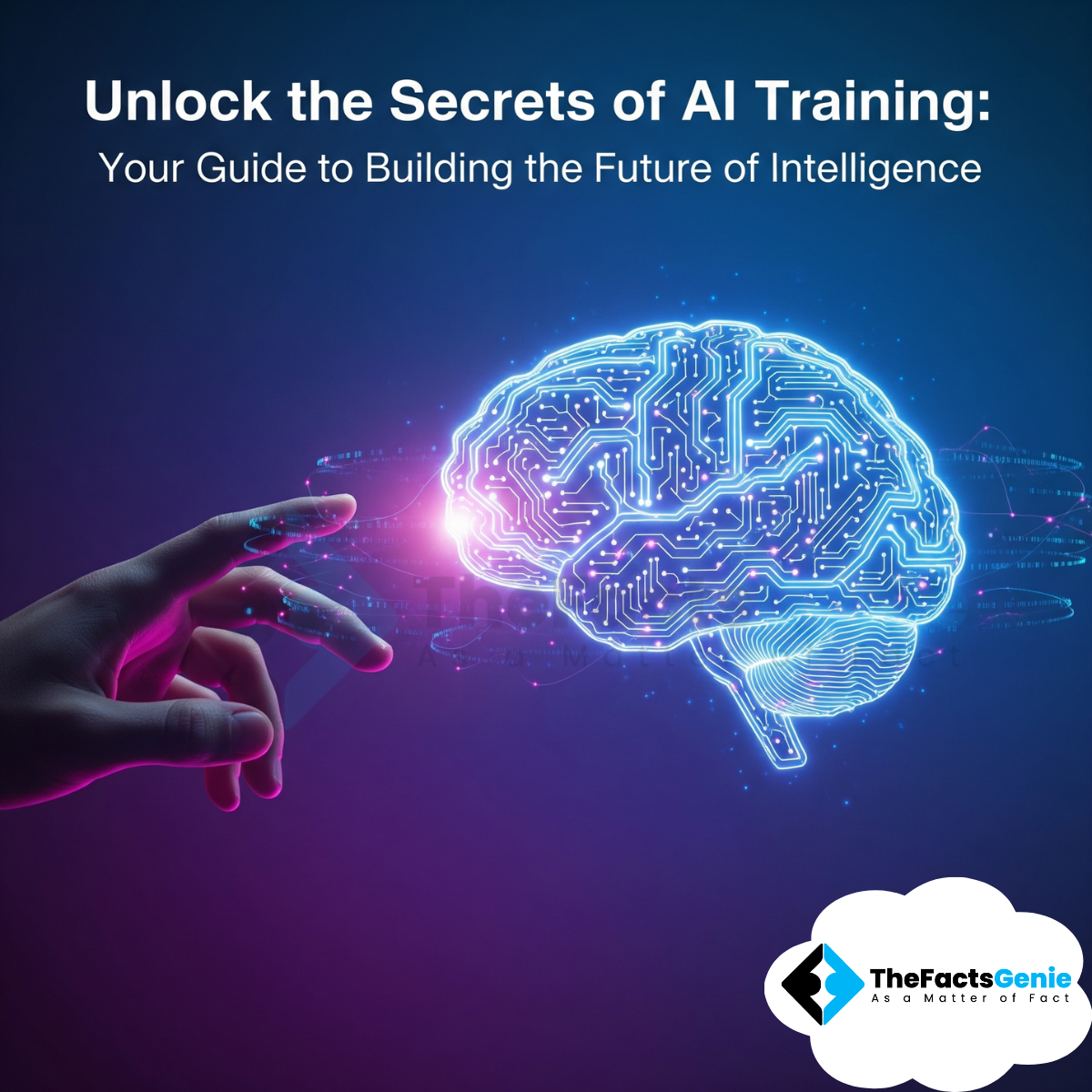
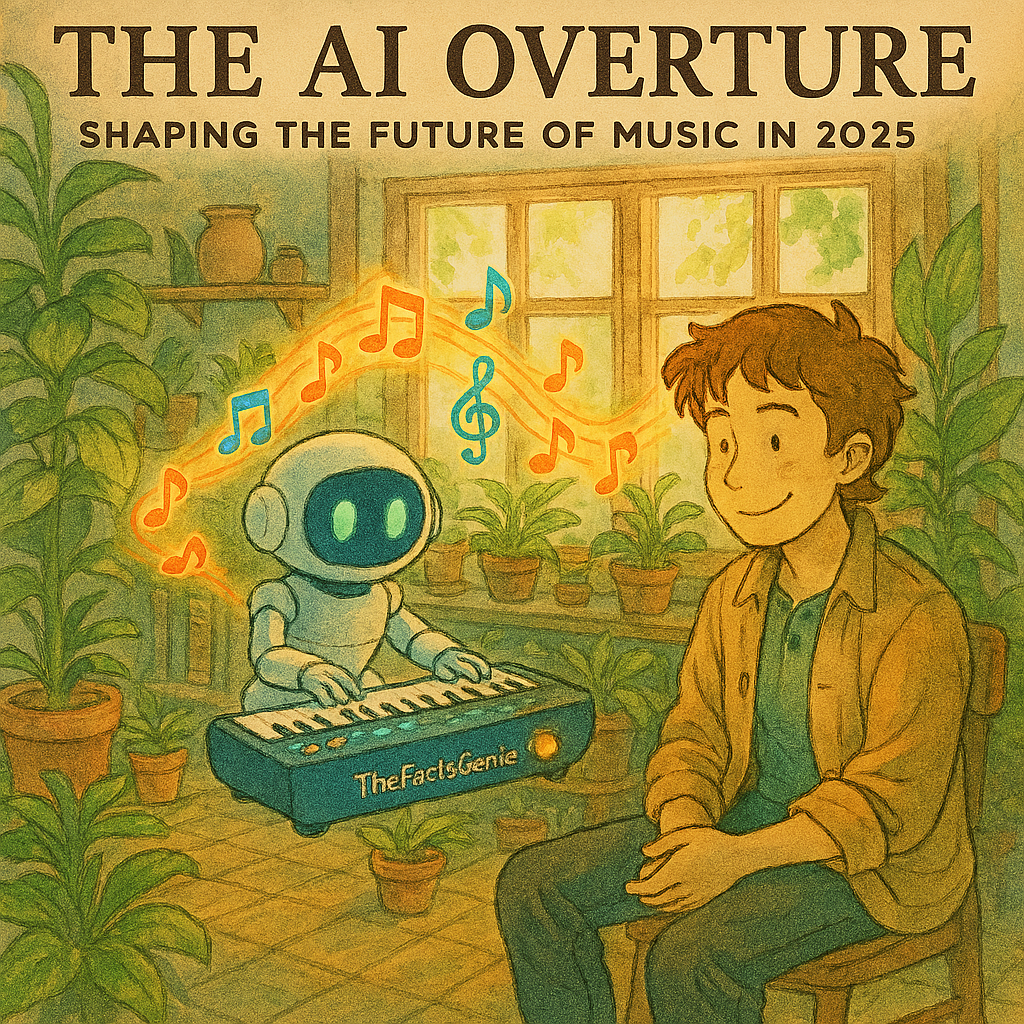
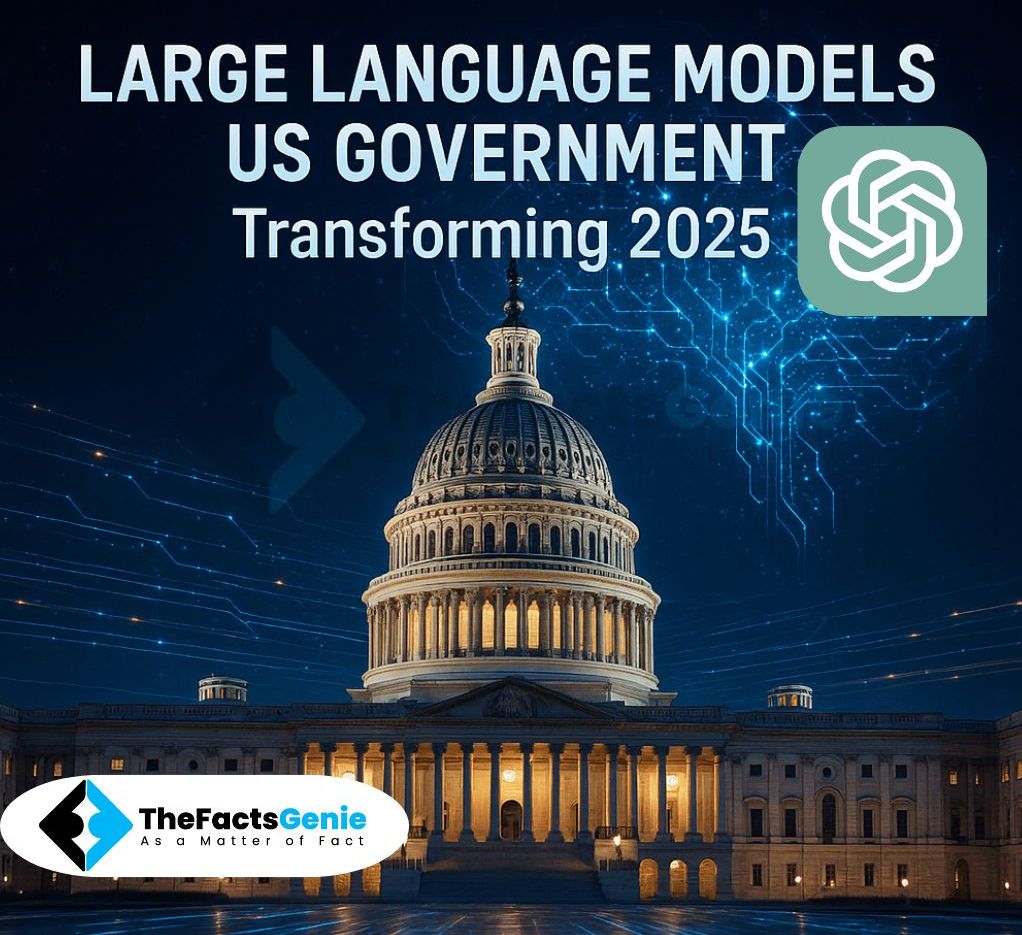
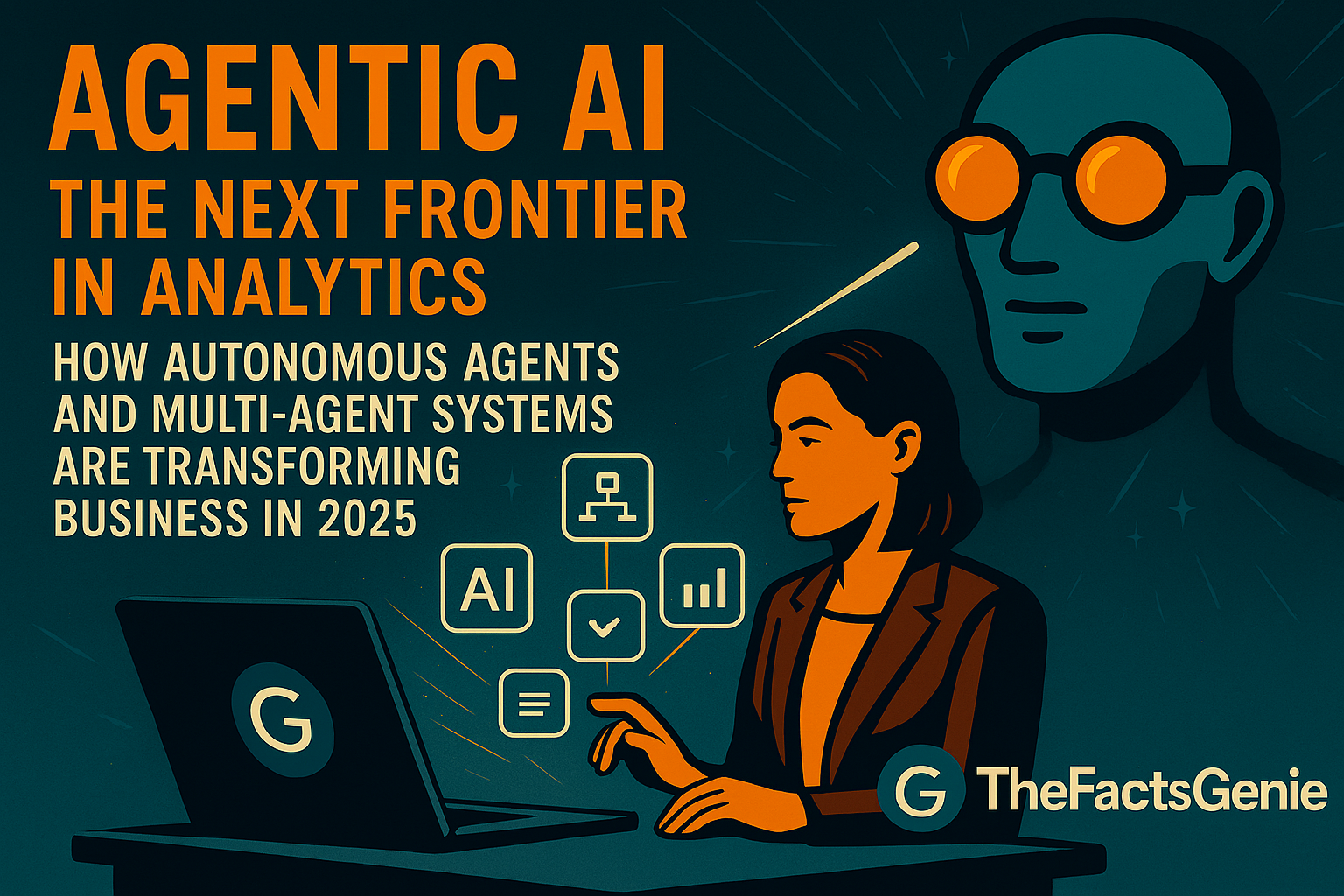




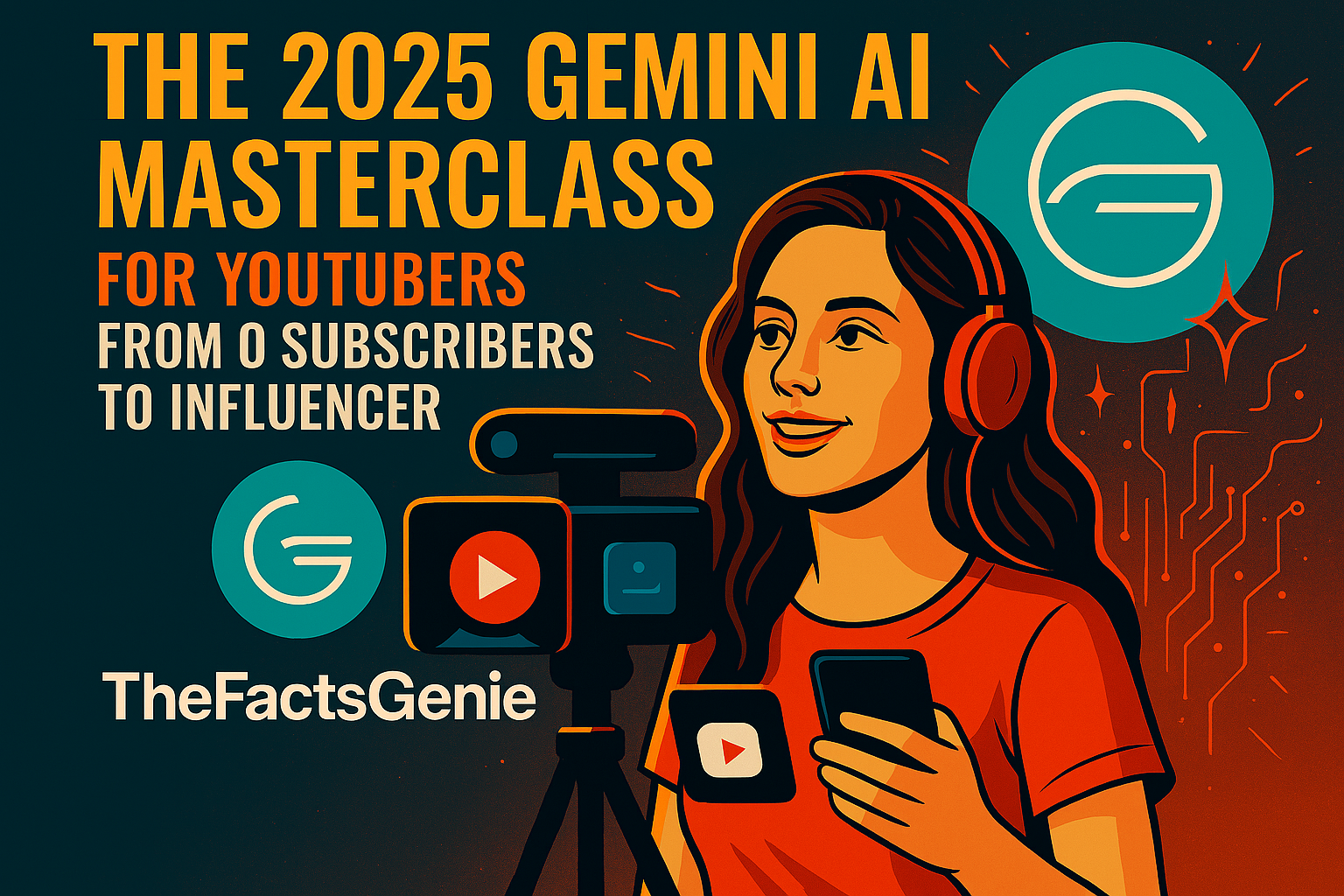
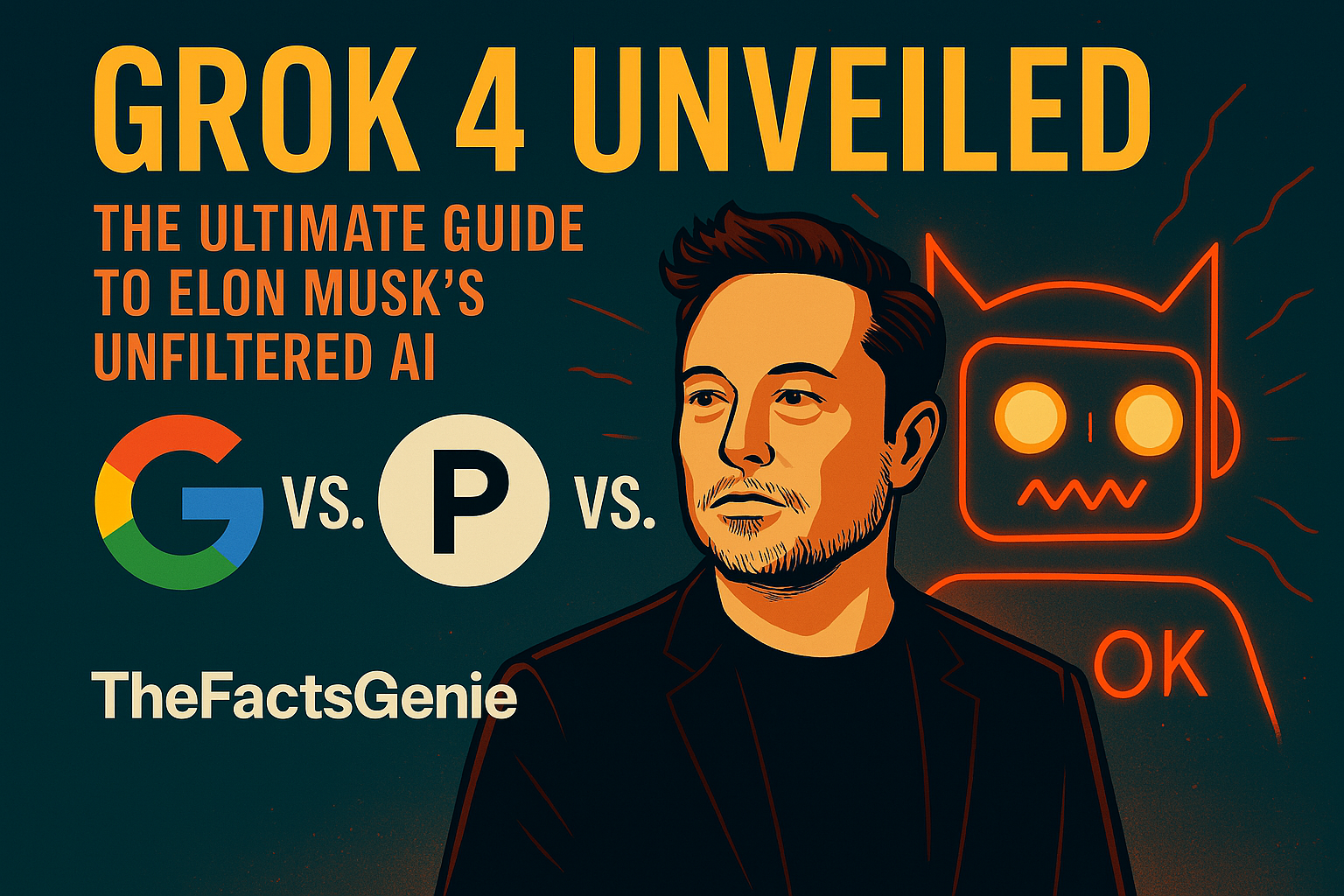

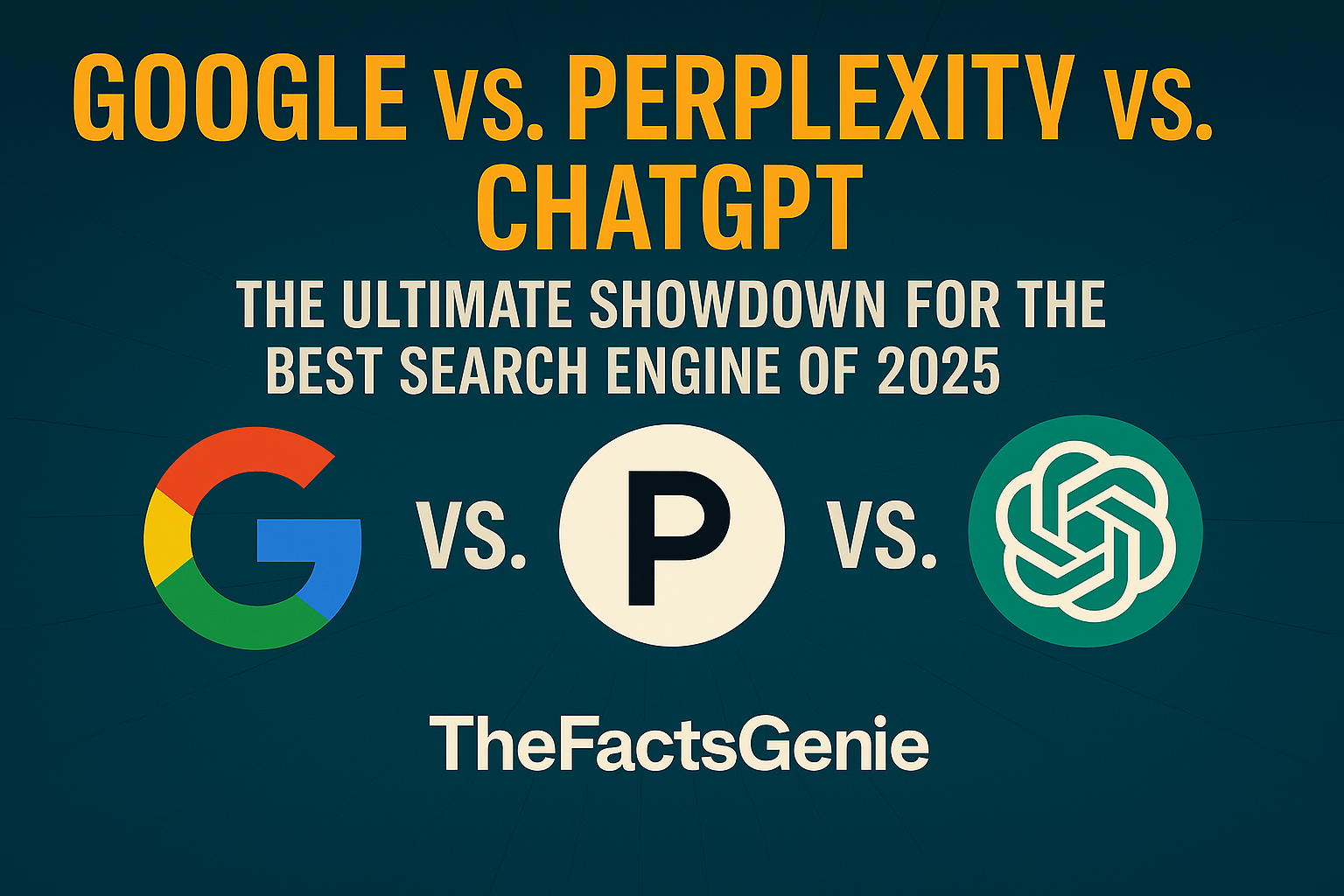
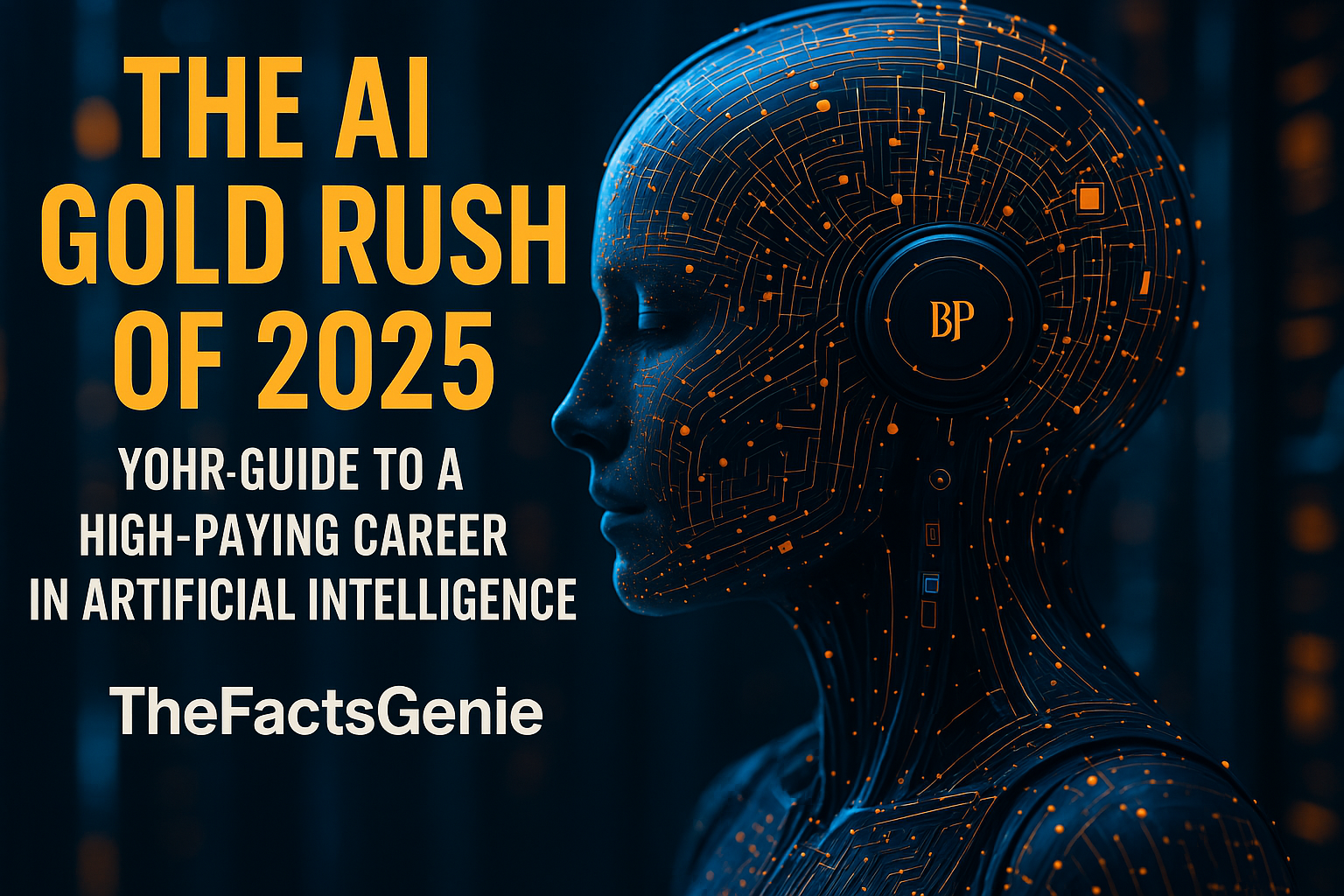


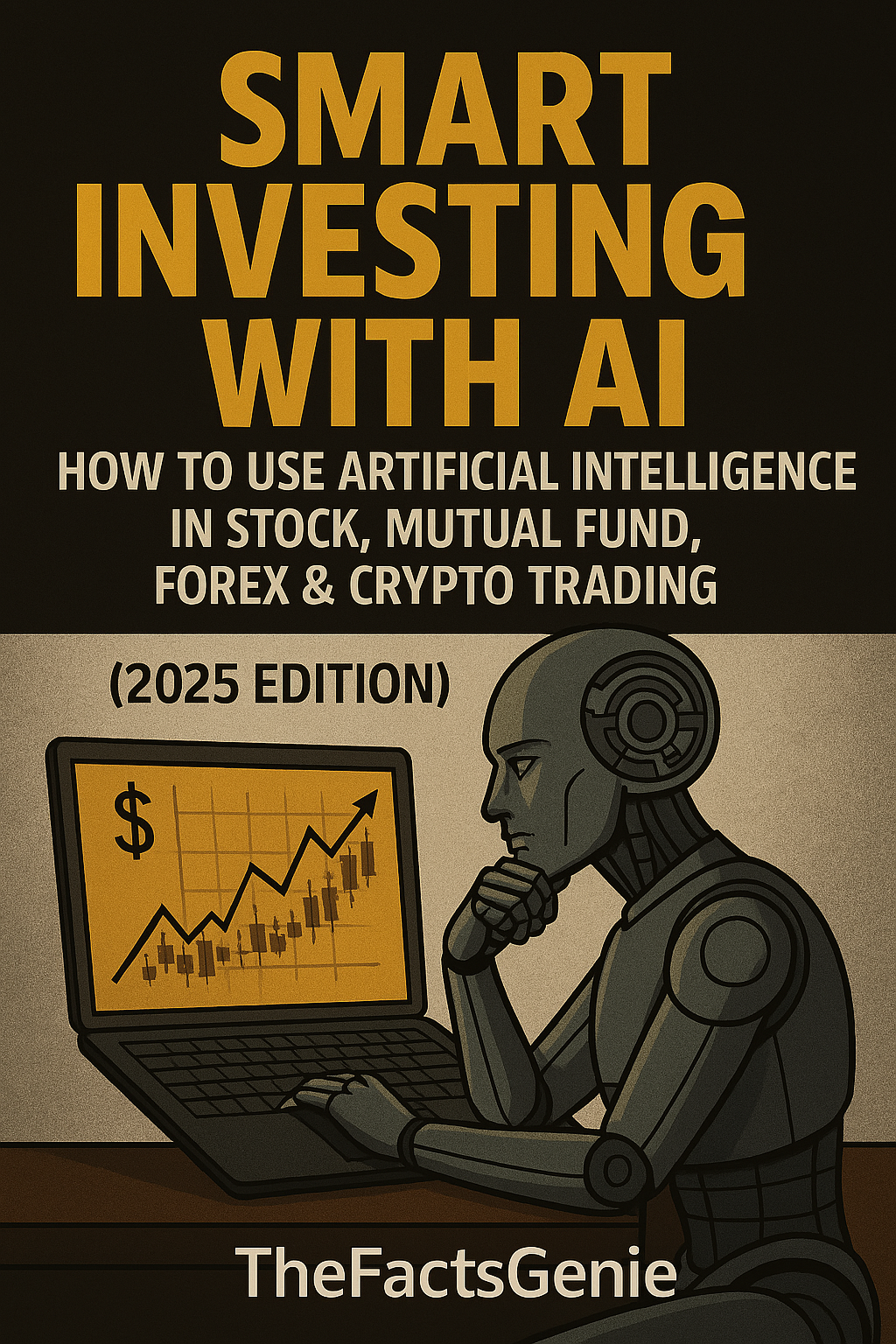
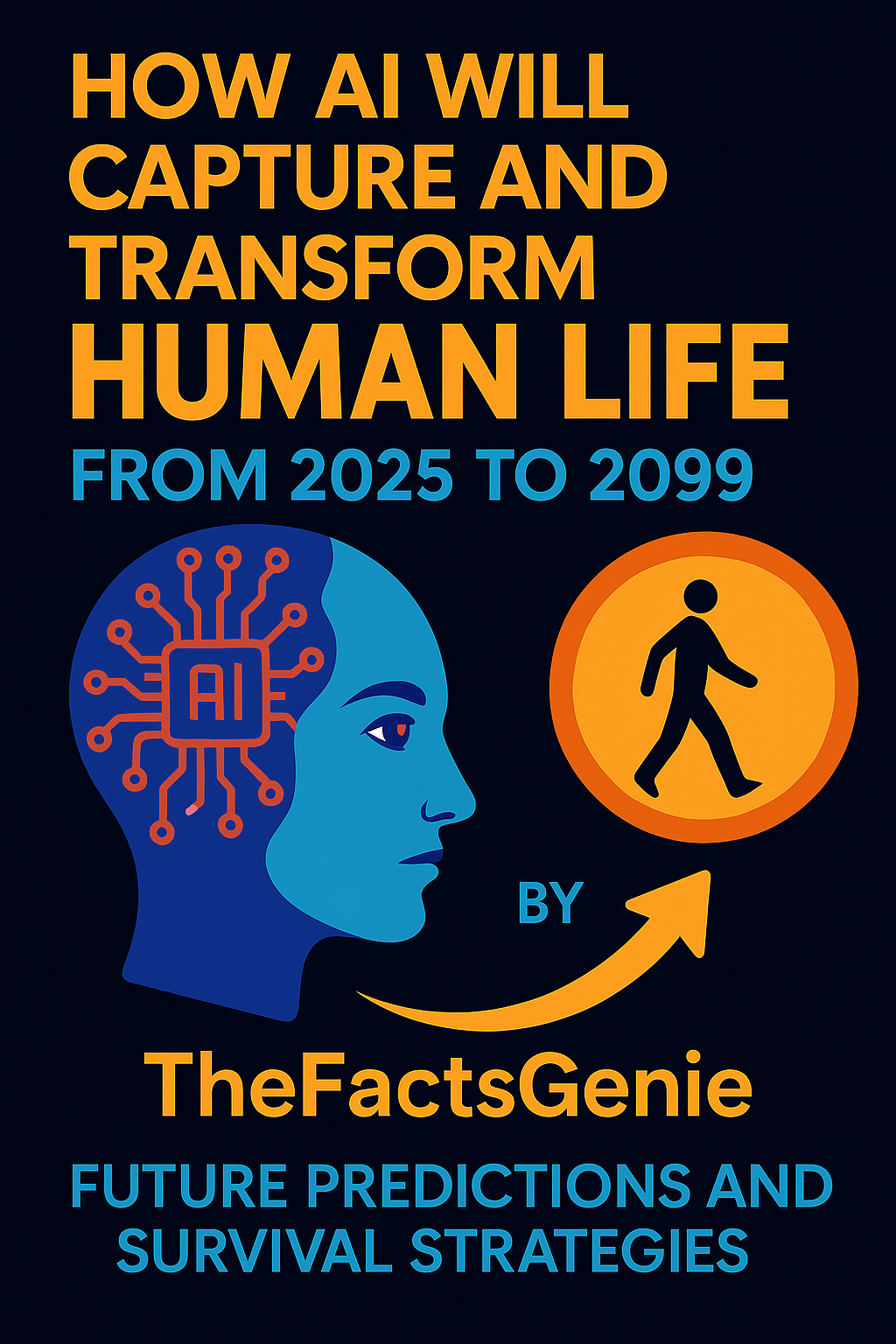
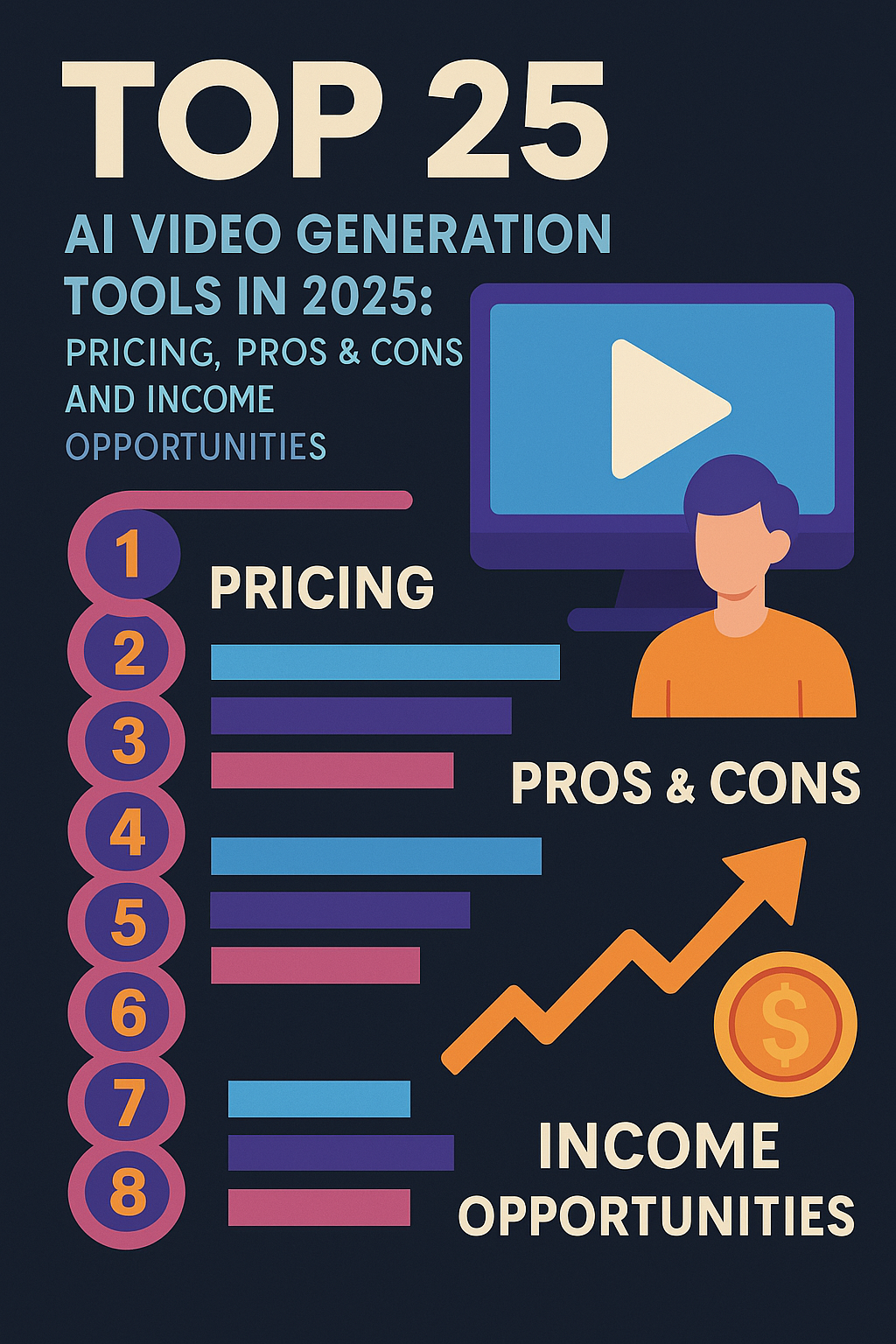
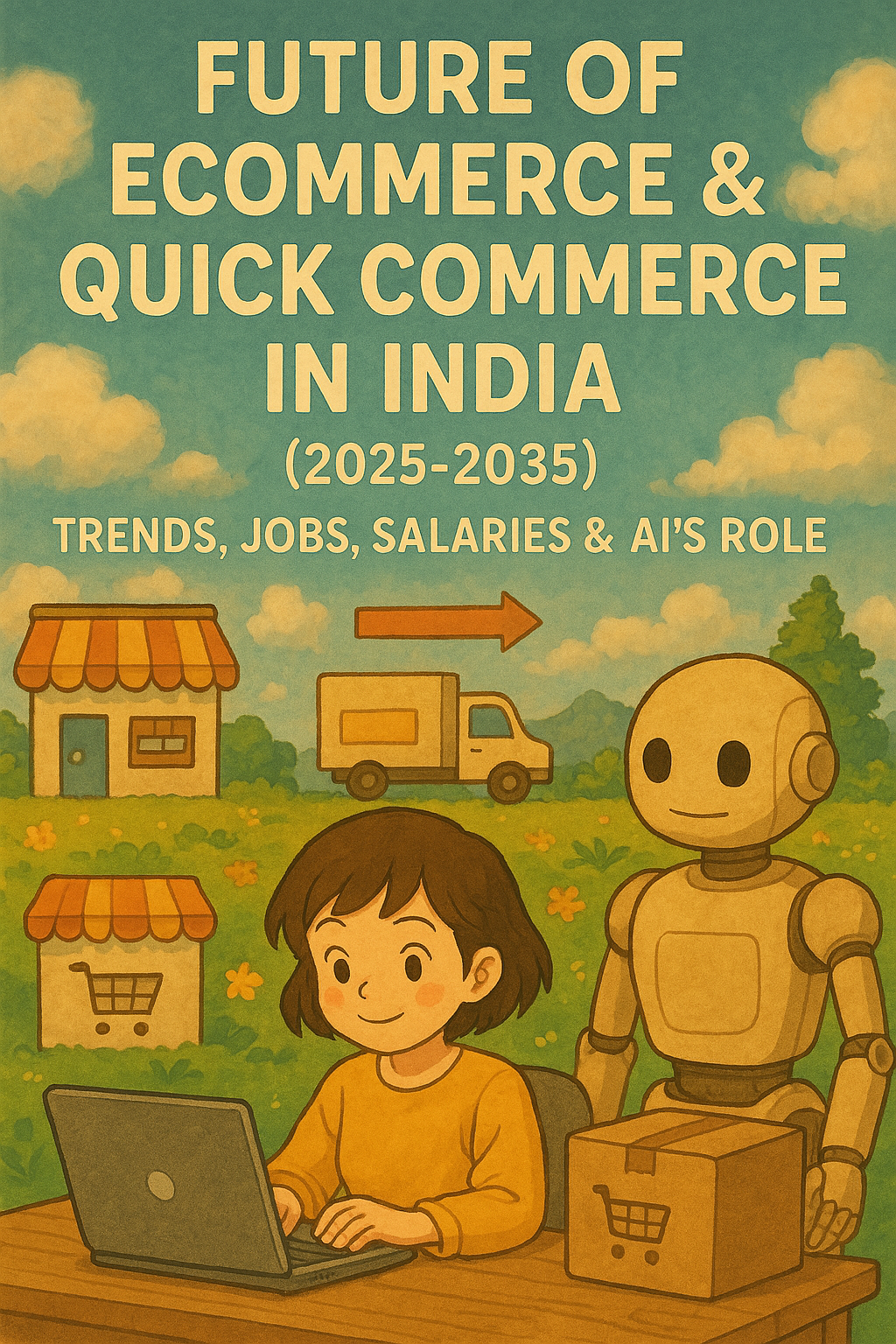







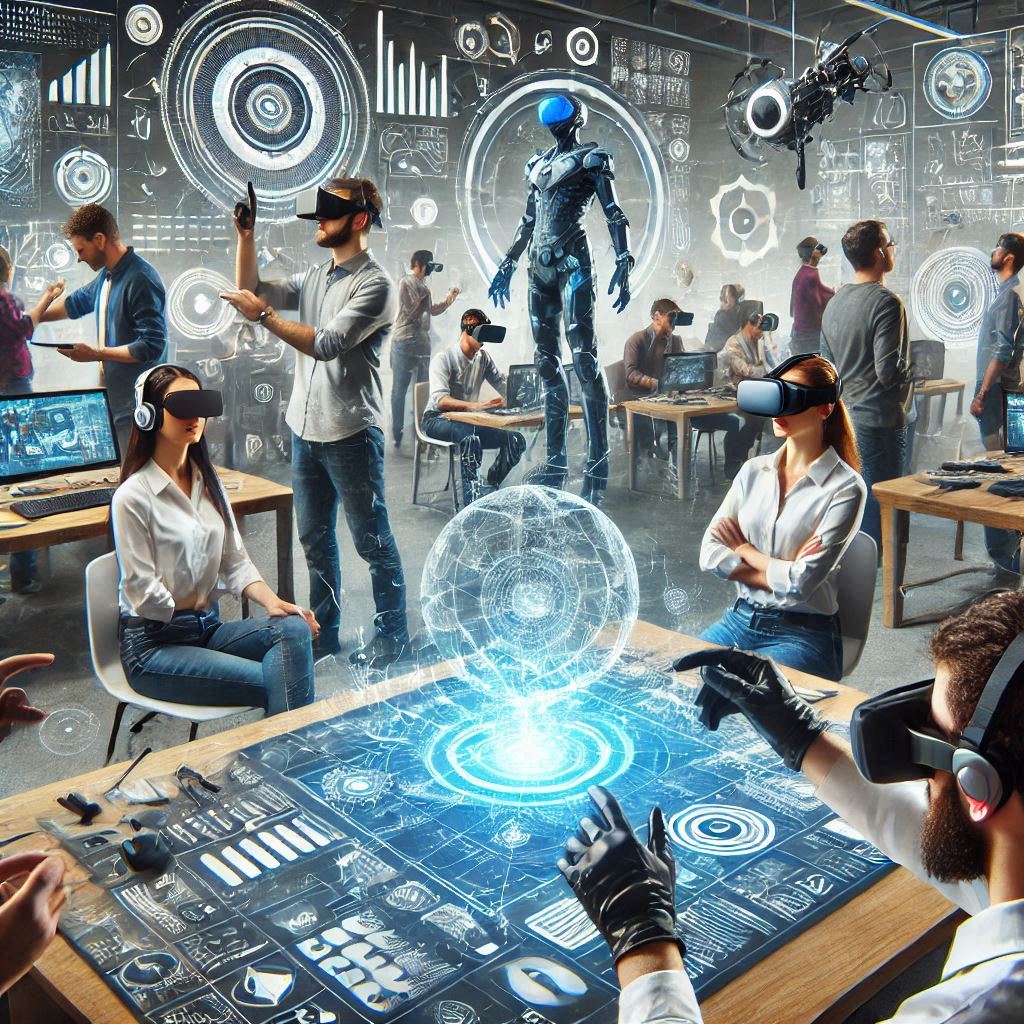















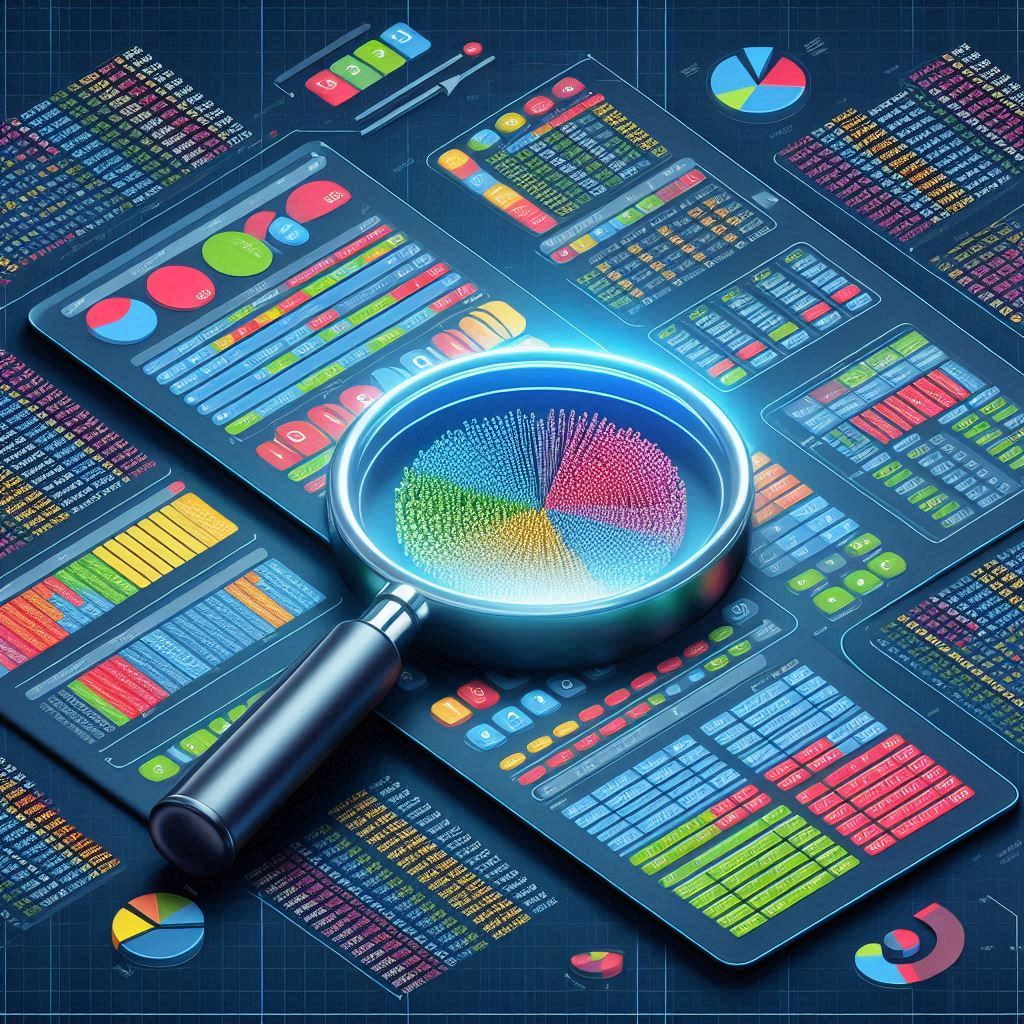
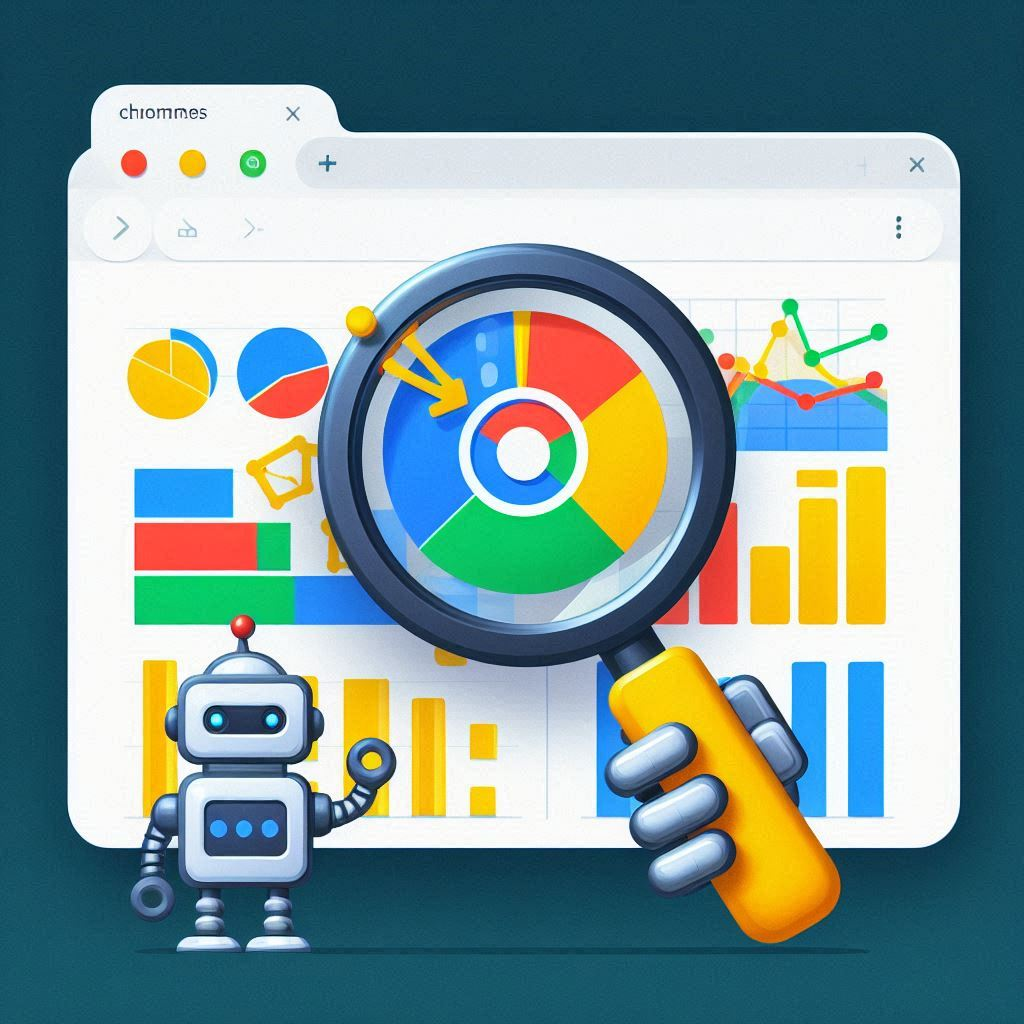
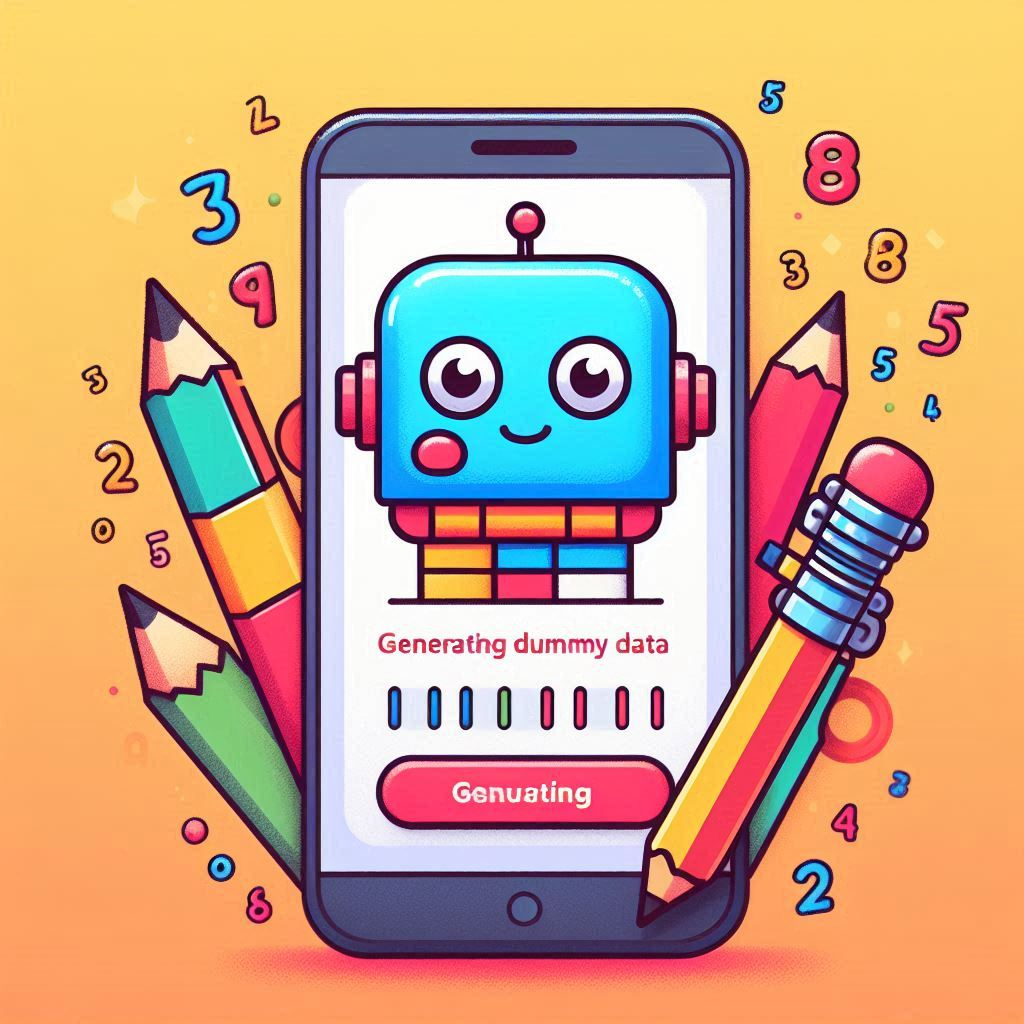

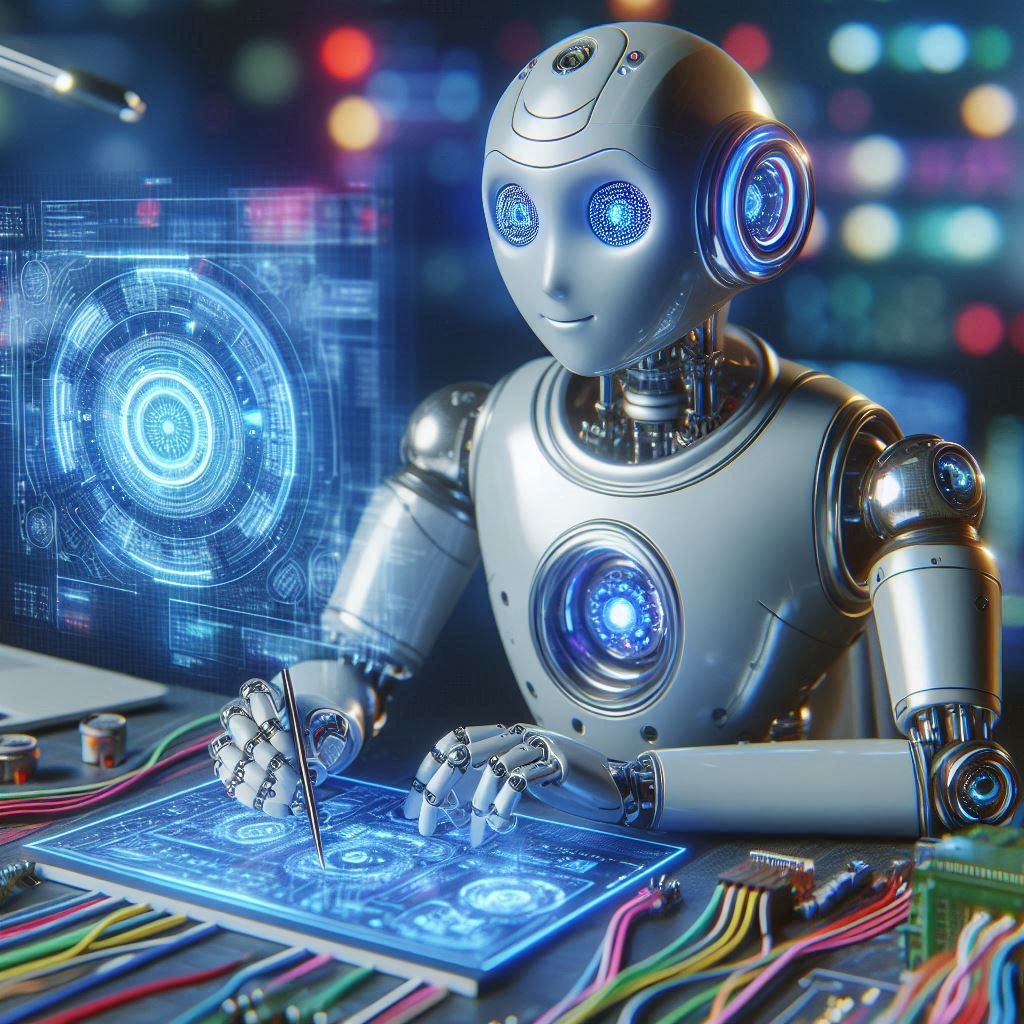





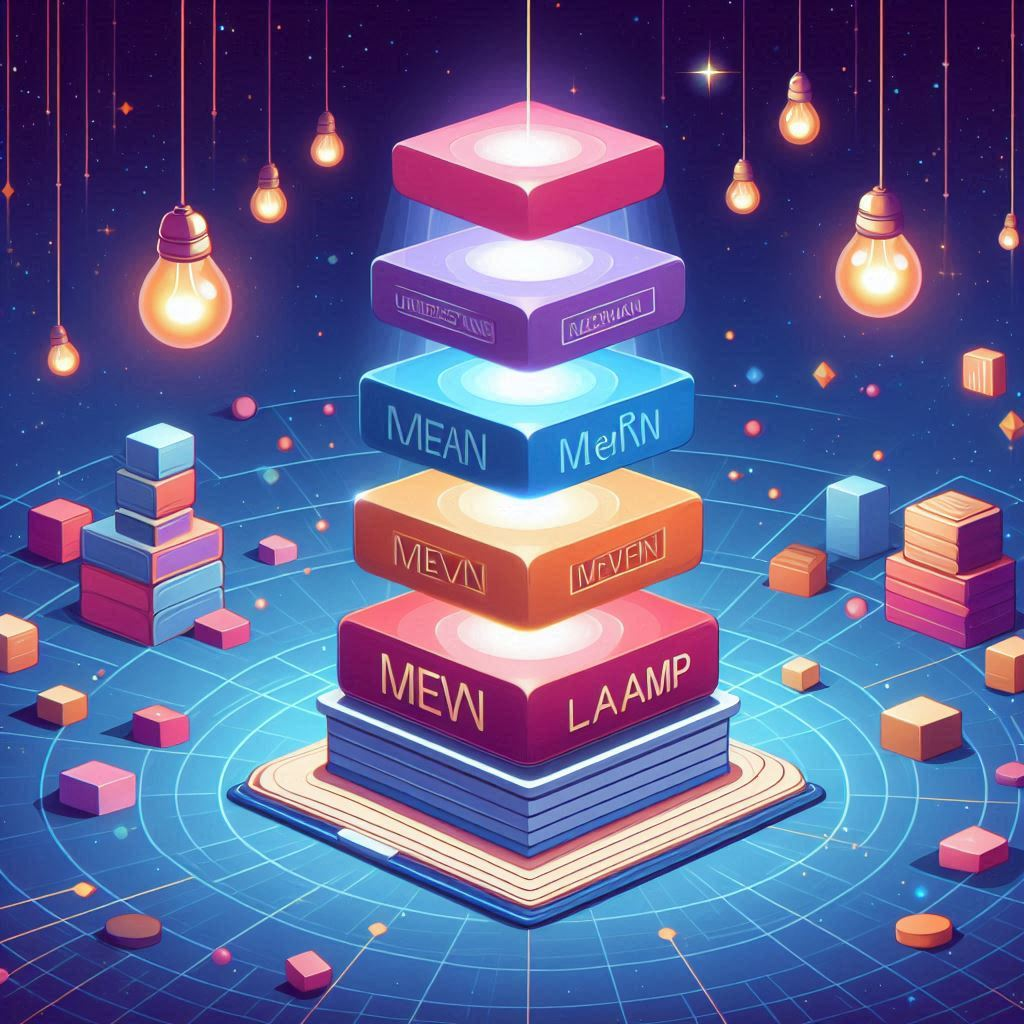






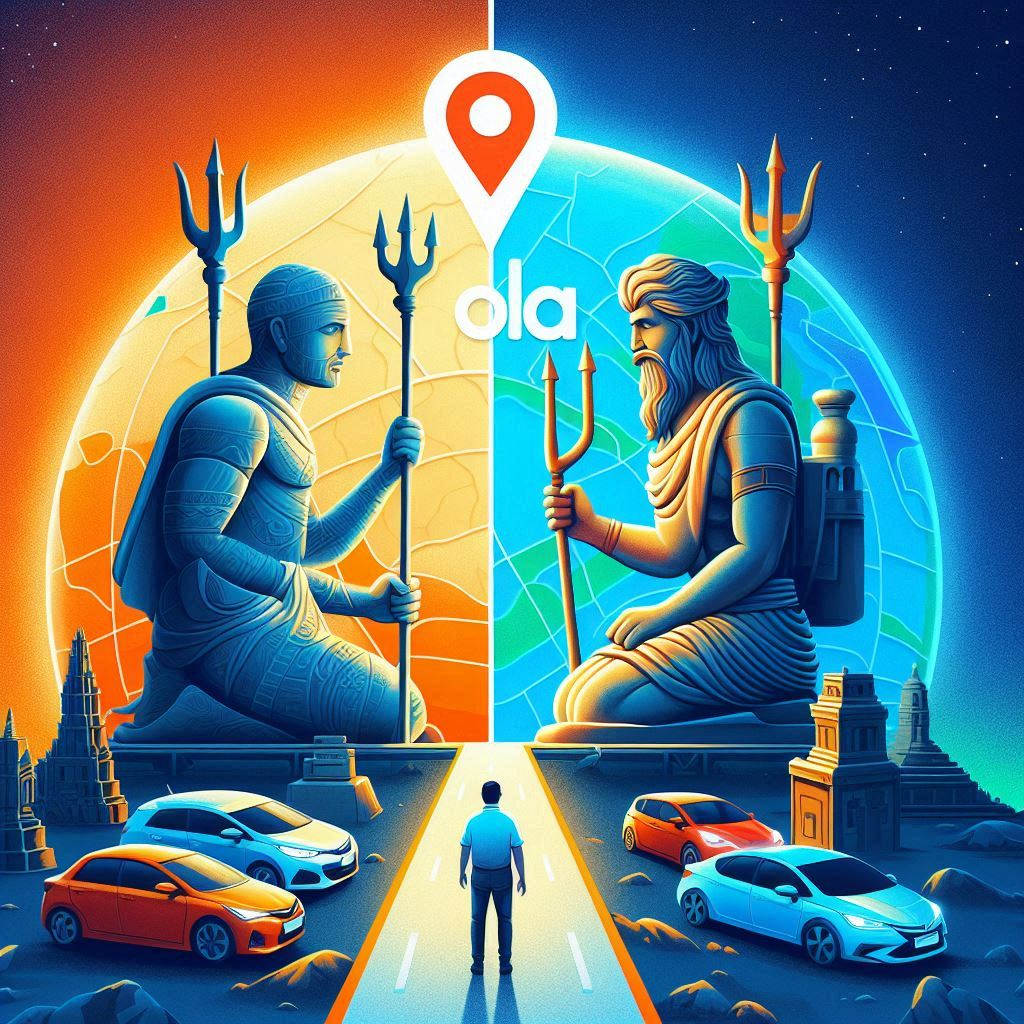
















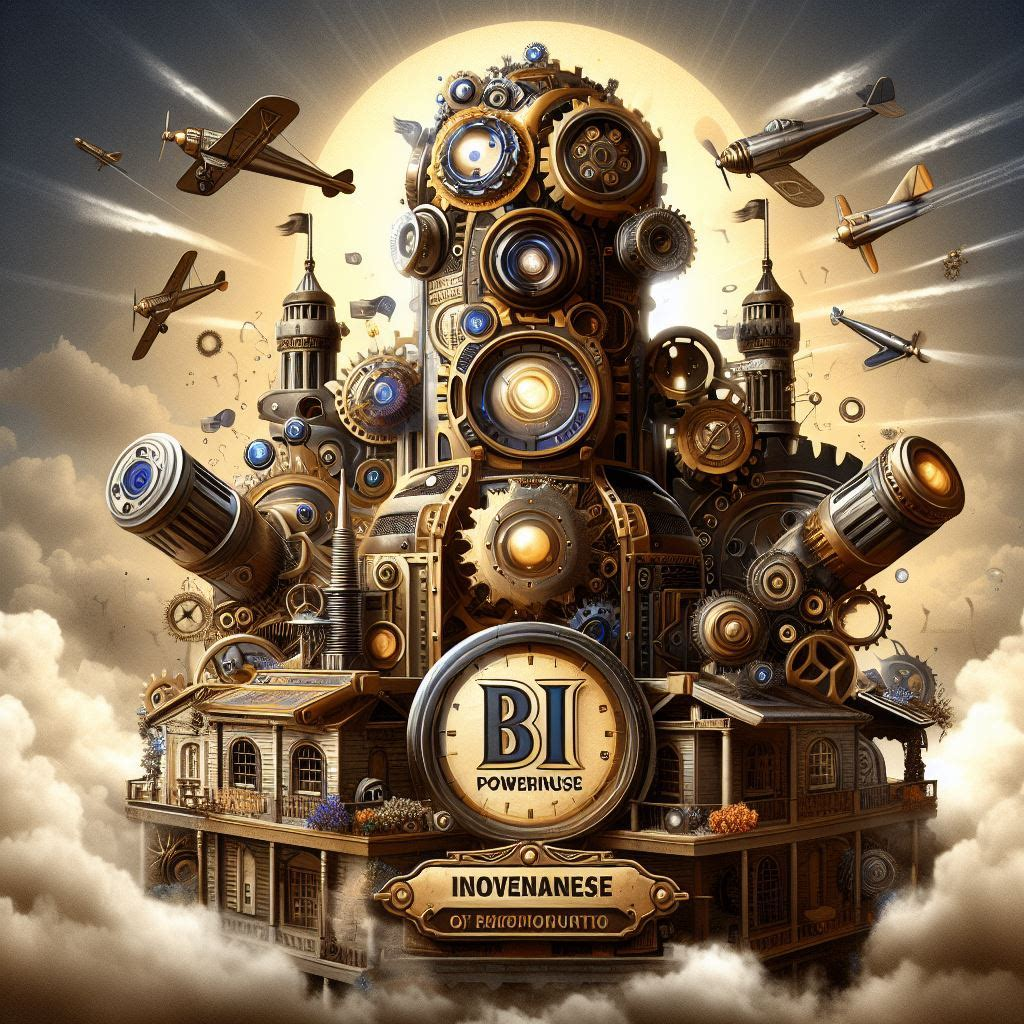


















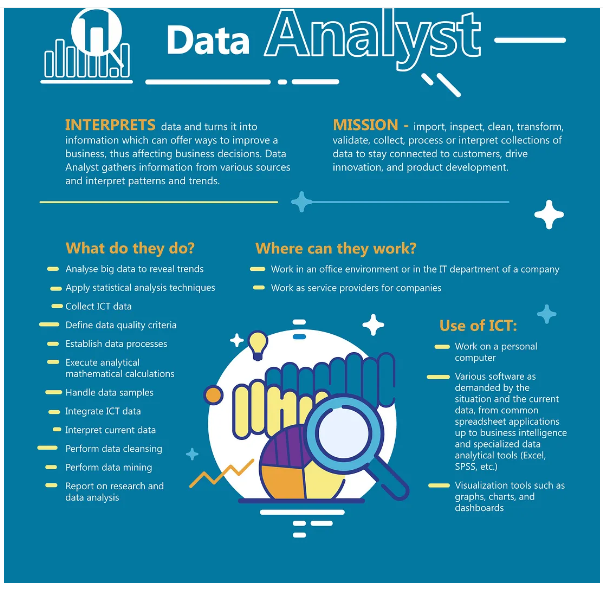

















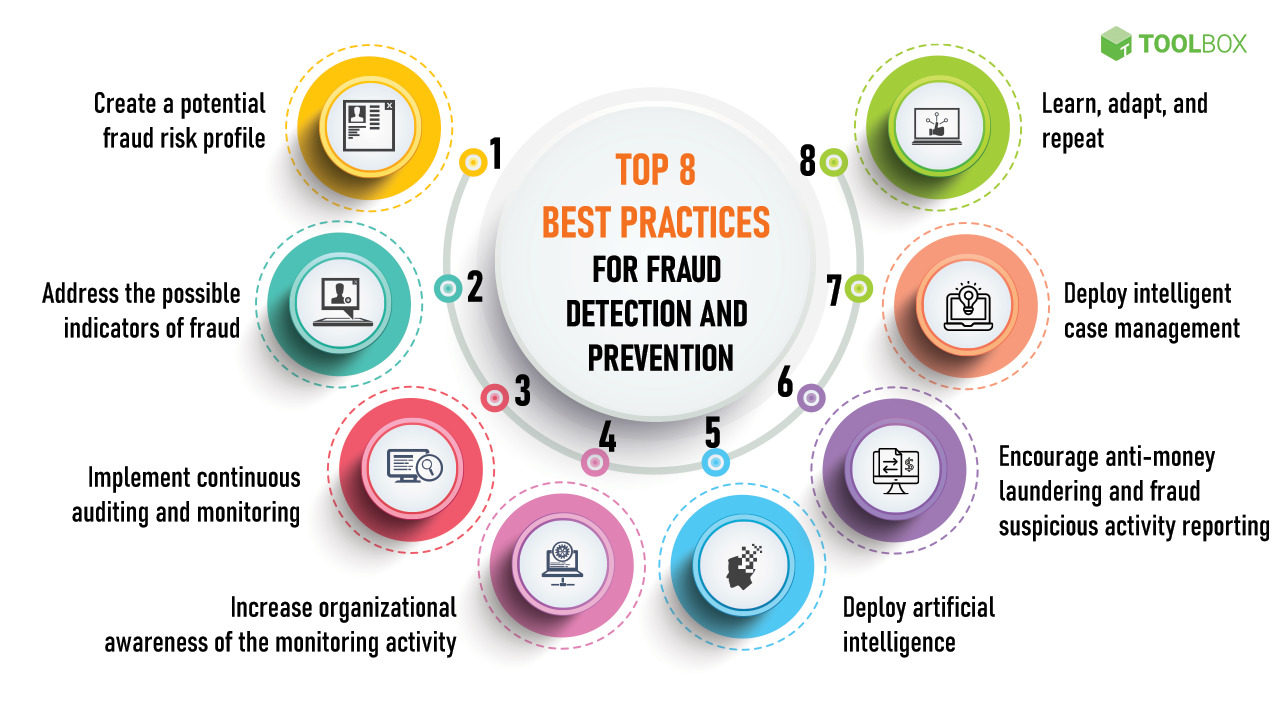


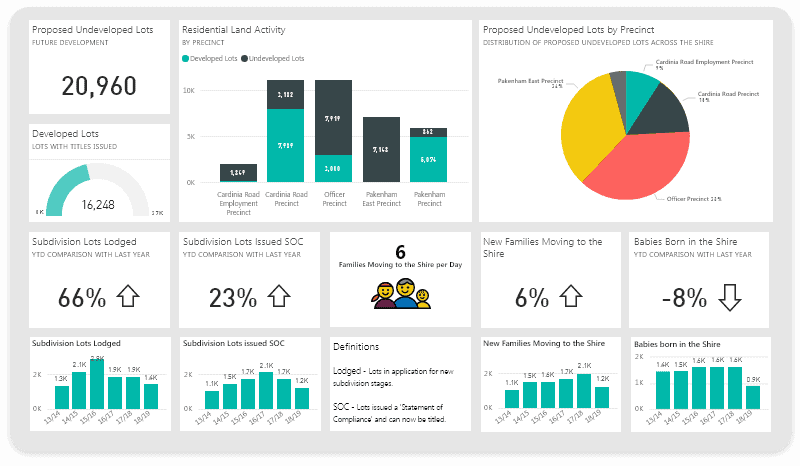



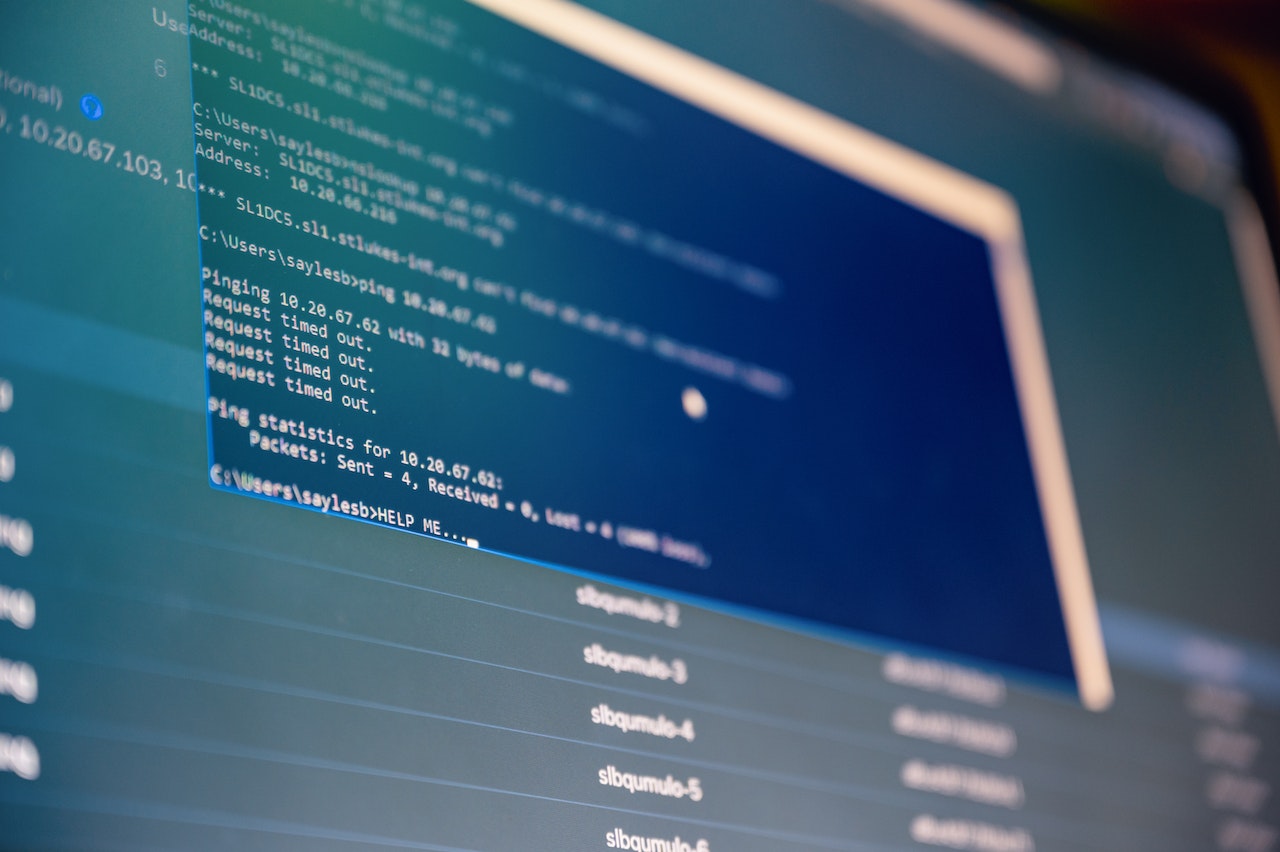




















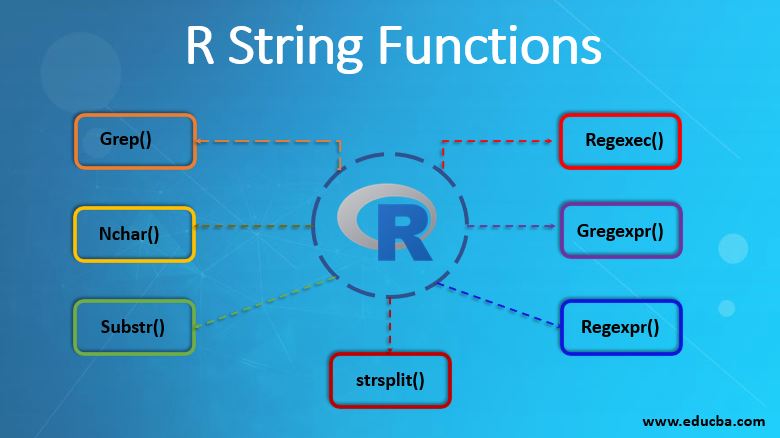



Its like you read my mind! You appear to know so much about this, like you wrote the book in it or something. I think that you can do with a few pics to drive the message home a little bit, but instead of that, this is excellent blog. A fantastic read. I’ll certainly be back.